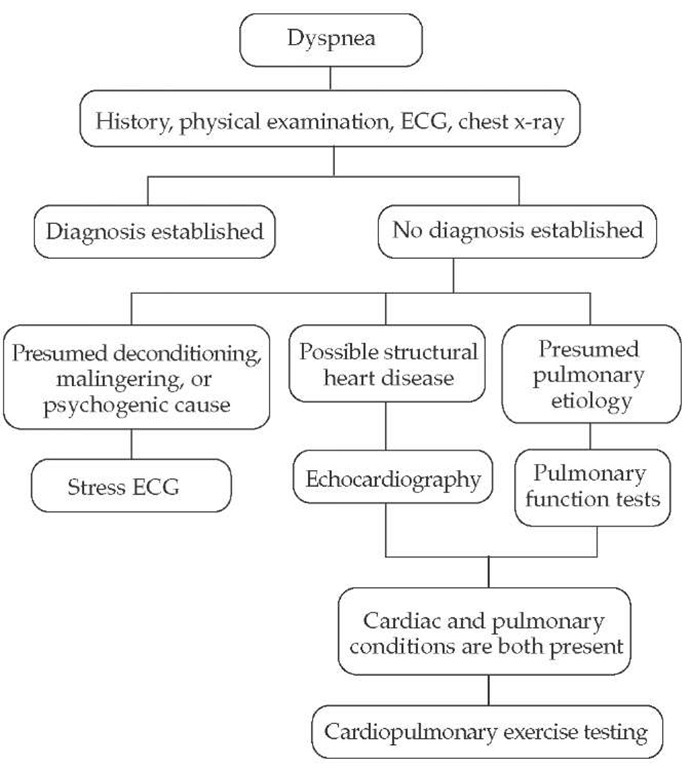

Cells with no PIG-T protein produce GPI anchor but cannot attach proteins to it. As the abnormal hematopoietic stem cells multiply, more abnormal blood cells are formed, alongside normal blood cells produced by normal hematopoietic stem cells.Ĭells with no PIG-A protein do not produce GPI anchor, and therefore are missing GPI-anchored proteins at the surface. Blood cells that arise from the abnormal stem cells also have the variant and are abnormal. These genetic variants severely reduce or eliminate the function of the PIG-A protein or PIG-T protein, respectively, in affected cells. Hematopoietic stem cells are found mainly in the bone marrow and give rise to the various types of blood cells. PNH occurs when a somatic variant of the PIGA gene or PIGT gene occurs in a blood-forming cell called a hematopoietic stem cell. However, for the condition to occur, they need to also acquire a somatic variant that deletes the other copy of the PIGT gene and other genes around it. In contrast, people with the inflammatory form of the condition inherit one altered copy of the PIGT gene. These changes, which are called somatic variants, are not inherited. In people with PNH, variants of the PIGA gene occur during a person’s lifetime and are present only in certain cells. Anchored proteins have a variety of roles, including sticking cells to one another, relaying signals into cells, and protecting cells from destruction. The PIG-A protein helps produce the GPI anchor, and the PIG-T protein helps attach the GPI anchor to proteins. These proteins are attached to the cell by a specialized molecule called GPI anchor and are known as GPI-anchored proteins. The proteins produced from both genes are involved in a multistep process that connects particular proteins to the surface of cells. Variants in the PIGT gene cause the rare, inflammatory form of the condition. Variants (also known as mutations) in the PIGA gene cause almost all cases of PNH. The inflammatory disorders usually begin earlier than the blood cell problems. In people with this rare form of PNH, the immune response is turned on (activated) abnormally and can cause recurrent aseptic meningitis (which is inflammation of the membranes surrounding the brain and spinal cord that is not related to infection) a red, itchy rash (known as hives or urticaria) joint pain (arthralgia) or inflammatory bowel disease. Inflammation is a normal immune system response to injury and foreign invaders (such as bacteria). In a small number of affected individuals, the signs and symptoms of PNH disappear on their own.Ī very rare form of PNH involves abnormal inflammation in addition to the typical features described above. In some cases, people who have or have been treated for another blood disease called aplastic anemia may develop PNH. Individuals with PNH are at increased risk of developing cancer in blood-forming cells (leukemia). As a result, people with this disorder may experience abnormal blood clotting (thrombosis), especially in large abdominal veins or, less often, episodes of severe bleeding (hemorrhage). People with PNH may also be prone to infections because of a shortage of white blood cells (leukopenia).Ībnormal platelets associated with PNH can cause problems in the blood clotting process.
PAROXYSMAL NOCTURNAL DYSPNEA MEDICAL TERM SKIN
The premature breakdown of red blood cells results in a shortage of these cells in the blood (hemolytic anemia ), which can cause signs and symptoms such as fatigue, weakness, abnormally pale skin (pallor), shortness of breath, and an increased heart rate (tachycardia). In many, but not all cases, hemoglobinuria is most noticeable early in the morning, upon passing urine that has accumulated in the bladder during the night (nocturnal). The abnormal presence of hemoglobin in the urine is called hemoglobinuria. Affected individuals may pass dark-colored urine because of the presence of hemoglobin, the oxygen-carrying protein in blood. During these episodes, red blood cells are broken down earlier than they should be (hemolysis). People with PNH have sudden, recurring episodes of symptoms (paroxysmal symptoms), which may be triggered by stresses on the body, such as infections or physical exertion. PNH can occur at any age, although it is most often diagnosed in young adulthood. The disorder affects red blood cells (erythrocytes), which carry oxygen white blood cells (leukocytes), which protect the body from infections and platelets (thrombocytes), which are involved in blood clotting.


Paroxysmal nocturnal hemoglobinuria (PNH) is an acquired (not inherited) disorder that leads to the premature death and impaired production of blood cells.


 0 kommentar(er)
0 kommentar(er)
